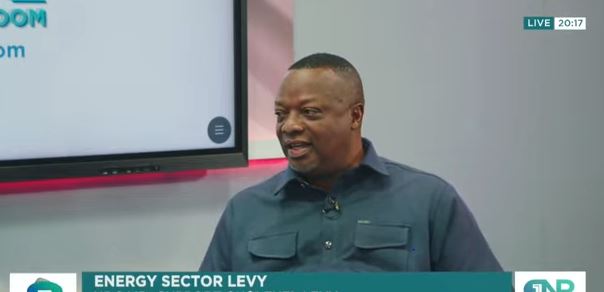The Ghanaian energy sector is facing a critical financial crisis, necessitating the introduction of a GH₵1 levy on petroleum products. This levy, part of the Energy Sector Levy (Amendment) Bill, 2025, aims to address the sector’s mounting debt, estimated at $1.2 billion, which is hindering the consistent supply of electricity. Member of Parliament for Yilo Krobo, Albert Tetteh Nyarkotey, has appealed to the Ghana Private Road Transport Union (GPRTU) and the broader public to support this measure, emphasizing its crucial role in ensuring the nation’s energy security. He argues that while the levy adds to the existing economic pressures faced by Ghanaians, it is a necessary short-term intervention to prevent a more severe energy crisis.
The GPRTU has threatened a nationwide strike in protest against the levy, citing the lack of prior consultation and the added financial burden it imposes on transport operators. They propose a reduction of the levy to 50 pesewas, arguing that the GH₵1 levy is excessive and will further exacerbate the economic hardships faced by their members and the public. Nyarkotey, however, maintains that the levy is essential and cannot be reduced, highlighting the urgency of the situation. He points out that the levy was implemented under a certificate of urgency due to the pressing nature of the energy sector’s financial woes.
Nyarkotey emphasizes the importance of maintaining a stable and reliable electricity supply, urging Ghanaians to look beyond the immediate financial impact of the levy and consider its long-term benefits. He draws a parallel with situations where citizens are expected to rally behind the government during times of national crisis, stating that the current energy sector predicament demands a similar show of support. He stresses the need for unity and cooperation to address this critical national issue, suggesting that focusing on partisan politics will only hinder efforts to resolve the energy crisis.
The lawmaker further appeals to the GPRTU to understand the gravity of the situation and refrain from industrial action. He assures them that this levy is a temporary measure and not intended to permanently increase the cost of fuel. He also suggests that the current administration is implementing sound policies, and opposing this particular measure would be counterproductive to the overall economic progress. He suggests that focusing on alternative proposals or criticizing the ruling party’s approach would be unhelpful in the current context.
Nyarkotey acknowledges that the levy is not a popular decision and that many Ghanaians are facing economic difficulties. However, he emphasizes the importance of shared responsibility in addressing national challenges. He portrays the levy as a necessary sacrifice for the greater good of the country, ensuring a stable and reliable energy supply for all citizens. He appeals to the patriotism and understanding of the GPRTU and the public, urging them to support the levy and contribute to solving the energy crisis.
The introduction of the GH₵1 levy underscores the precarious state of Ghana’s energy sector and the difficult decisions required to address it. While the levy is intended as a short-term solution, it raises concerns about the long-term stability and sustainability of the energy sector. The government faces the challenge of balancing the immediate need for funding with the concerns of citizens regarding the increasing cost of living. Finding a sustainable solution that addresses both the financial needs of the energy sector and the economic burdens faced by Ghanaians remains a critical priority.


